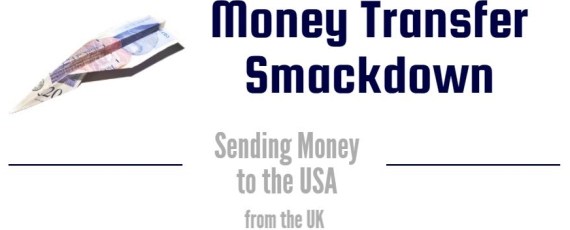Published: 28 May 2009
The Internet super-highway opens up marvelous opportunities for expatriates to harvest expat tax advice and information from some of the greatest minds at reasonable prices from anywhere in the world. But it also emphasizes a crucial question: How do you know whom to trust? Sharing your intimate, personal financial information with a stranger is problematic at best.
Here are 25 questions to help any expat choose a tax and financial professional you can trust.
1. Physical office. Do they have a physical office in the US that you can visit? Even if you never have to meet them face-to-face, the professional integrity required of a firm conducting a bona fide business should be considered.
2. Reachable contact person. Is there an actual person who will be ultimately responsible to take care of you and your financial world?
3. Valid licensure. Does their home state licensing board affirm that the tax professional you would like to use has an active license in good standing?
4. FINRA background check. If the tax professional is also Series-7 licensed, do they and their broker dealer and have a clean history with FINRA? http://www.finra.org/Investors/ToolsCalculators/BrokerCheck/index.htm
5. Active insurance license. If the tax professional is also insurance licensed, does their resident state's Insurance Commissioner affirm that they have an active license in good standing?
6. Clean history. If the tax professional is also a registered investment advisor, does their state or the SEC affirm that they have a clean history?
7. Age of business. How long have they been in business? If they are too new, they may not have the experience necessary for your unique situation. If they are nearing retirement, they may not have the interest to stay current with the changing regulations.
8. Size of practice. Are they a sole-practitioner? Or do they have an entire team of professionals to help serve you? If you are dealing with just one practitioner, what do you do if something happens to them? Do you know who will help you if the IRS comes knocking at your door?
9. Experience of professional. How big is too big? Will you have access to the senior professionals in the firm, or are you working with firms so big you are just getting the inexperienced junior preparers? Those who work at large, international corporations often have the opportunity to use large, international accounting firms, and pay thousands of dollars just to be ignored by inexperienced junior preparers. Larger is not always the better choice.
10. Reputation of firm. Does the firm specialize in keeping and building long-term relationships with their clients? Do you know what are their clients are saying about them?
11. Related services. Does the firm offer other services to help you so you can get the "one-stop financial shopping" you need? If so, what are they offering? How do they help you understand which services you really need?
12. Name recognition. Are they nationally-known in their industry? And do they teach other tax professionals? Do state CPA societies use them for seminars? The best way to really know something is to teach it to other professionals.
13. Online presence. Do they have a website that specializes in serving Expats?
14. Ongoing support. Can they continue to help you after you return to the US?
15. Entrepreneurial support. What if you start a business? Can they continue to help you?
16. Expat tax forms. Do they know the proper use and filing of these forms:
--Form 2555 (for foreign income exclusion)
--Form 1116 (for foreign tax credit)
--Form 1040NR (for non residence aliens)
--Form TD. 90-22.1 (for foreign bank accounts)
And more importantly, can they explain them to you in simple enough terms to help you really understand the tax challenges of being an Expat?
17. Fees charged. Are they charging too little for you to receive the quality, professional service your situation requires?
18. Quote for service. Are they charging too much (sometimes thousands of dollars) or do they hesitate to give you an upfront quote?
19.Personal interaction. Will a live person speak to you before they take your money?
20. Tax organization. Will they provide you with a specialized tax organizer to help you gather all the information you are going to need?
21. Access to vital info. Will they provide you with a secure, online document vault to access your return and source information from anywhere in the world?
22. Financial tools. Do they have online financial tools that allow you to conduct your own research on various aspects of your financial world?
23. Tax law updates. Do they send out a monthly newsletter to keep you updated on tax law changes?
24. Information sharing. Will your personal, private information be shared with outsiders or shipped out of the country for processing?
25. Comprehensive coverage. Do they offer to go beyond just getting the numbers right, to working with you to get the answers right for your entire financial world?
Take the time to thoroughly interview the tax professionals you are considering to help you manage your expat taxes and expat finances. This simple step could save you from creating sticky situations in the filing and management of your expatriate taxes.
Copyright (c) 2009 Nick Hodges
Nick Hodges, President of NCH Wealth Advisors, provides US expatriates with the best tools, strategies and planning techniques to help expats manage their tax and financial goals and dreams on a day-to-day basis regardless of their location. To claim your free gift, ExPat Life Portfolio Kit, visit his site at ExPatCFO.com.
Filed In:

